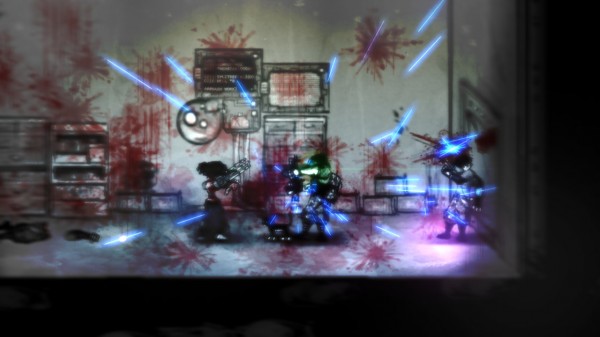
The father died while she thought he was God.

The poem is spoken by a girl with an Electra complex. Plath explained the poem briefly in a BBC interview: Though the final lines have a triumphant tone, it is unclear whether she means she has gotten "through" to him in terms of communication, or whether she is "through" thinking about him. She casts herself as a victim and him as several figures, including a Nazi, vampire, devil, and finally, as a resurrected figure her husband, whom she has also had to kill. Overall, the poem relates Plath's journey of coming to terms with her father's looming figure he died when she was eight. It is certainly a difficult poem for some: its violent imagery, invocation of Jewish suffering, and vitriolic tone can make it a decidedly uncomfortable reading experience. It has been reviewed and criticized by hundreds and hundreds of scholars, and is upheld as one of the best examples of confessional poetry. It has elicited a variety of distinct reactions, from feminist praise of its unadulterated rage towards male dominance, to wariness at its usage of Holocaust imagery. "Daddy" is perhaps Sylvia Plath's best-known poem. She concludes by announcing, "Daddy, Daddy, you bastard, I'm through." Analysis

There is a stake in his heart, and the villagers who despised him now celebrate his death by dancing on his corpse.

Comparing him to a vampire, she remembers how he drank her blood for a year, but then realizes the duration was closer to seven years. She considers that if she has killed one man, then she has in fact killed two. At this point, she realized her course - she made a model of Daddy and gave him both a "Meinkampf look" and "a love of the rack and the screw." She promises him that she is "finally through " the telephone has been taken off the hook, and the voices can no longer get through to her. When that attempt failed, she was glued back together. Instead, he is like the black man who "Bit pretty red heart in two." He died when she was ten, and she tried to join him in death when she was twenty. However, this transposition does not make him a devil. When she remembers Daddy, she thinks of him standing at the blackboard, with a cleft chin instead of a cleft foot. In her mind, "Every woman adores a Fascist," and the "boot in the face" that comes with such a man. She calls him a "Panzer-man," and says he is less like God then like the black swastika through which nothing can pass. To further emphasize her fear and distance, she describes him as the Luftwaffe, with a neat mustache and a bright blue Aryan eye.

She wonders in fact, whether she might actually be a Jew, because of her similarity to a gypsy. She started to talk like a Jew and to feel like a Jew in several different ways. Even before she could speak, she thought every German was him, and found the German language "obscene." In fact, she felt so distinct from him that she believed herself a Jew being removed to a concentration camp. She also discusses how she could never find a way to talk to him. Therefore, she cannot uncover his hometown, where he put his "foot" and "root." She knows he comes from a Polish town that was overrun by "wars, wars, wars," but one of her Polack friends has told her that there are several towns of that name. She remembers how she at one time prayed for his return from death, and gives a German utterance of grief (which translates literally to "Oh, you").
#The dishwasher vampire smile pig bead full#
She describes him as heavy, like a "bag full of God," resembling a statue with one big gray toe and its head submerged in the Atlantic Ocean. She insists that she needed to kill him (she refers to him as "Daddy"), but that he died before she had time. The speaker begins by saying that he "does not do anymore," and that she feels like she has been a foot living in a black shoe for thirty years, too timid to either breathe or sneeze. "Daddy," comprised of sixteen five-line stanzas, is a brutal and venomous poem commonly understood to be about Plath's deceased father, Otto Plath.


 0 kommentar(er)
0 kommentar(er)
